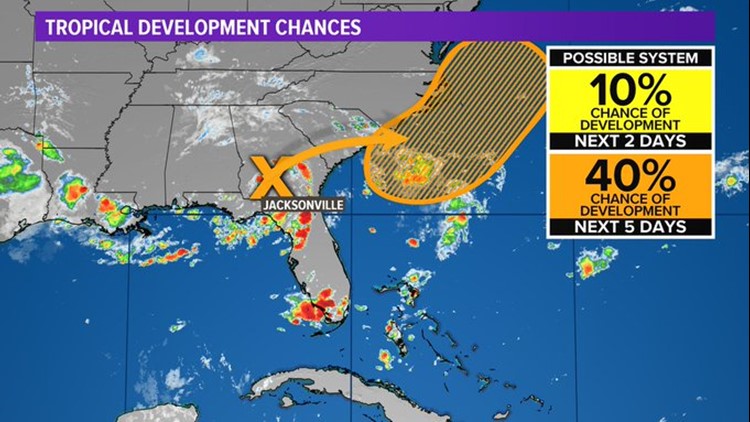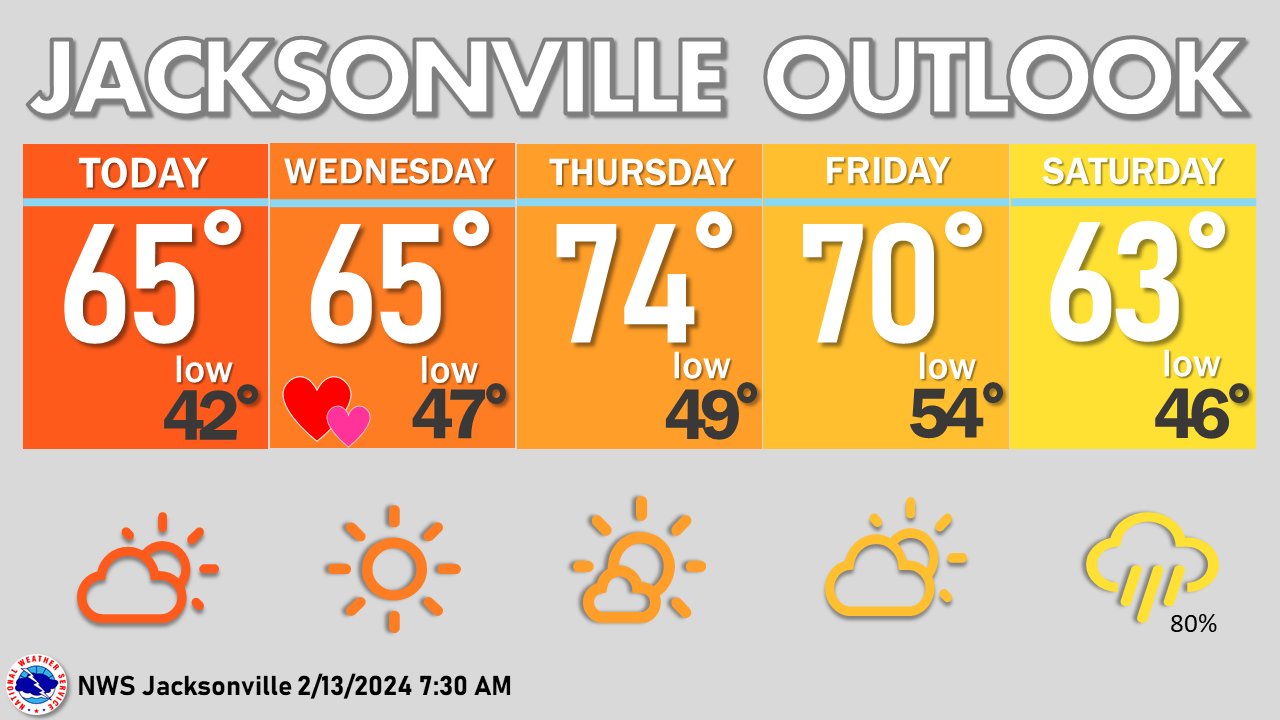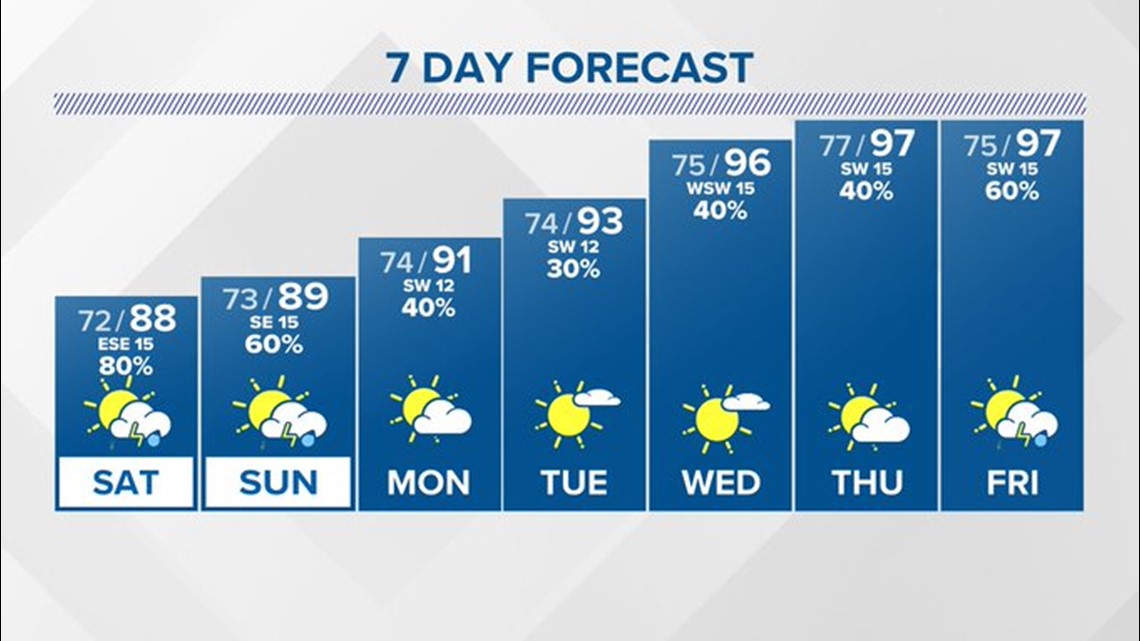Discover the Sunshine: A Guide to Jacksonville, FL Weather
BlogTable of Contents
- Jacksonville Weather | Jacksonville, Florida | firstcoastnews.com
- Super Saturday weather for Jacksonville today!
- Jacksonville, FL
- We could see record-breaking high of 90 this week in Jacksonville ...
- Weather Forecast Jacksonville, Florida Jacksonville weather Forecast 06 ...
- Jacksonville's weather forecast turns chilly for the weekend
- Jacksonville Weather Forcast on Sale | emergencydentistry.com
- Jacksonville Weather | Jacksonville, Florida | firstcoastnews.com
- Jacksonville's weather forecast turns cool and cloudy, then damp
- Jacksonville climate: Average Temperature, weather by month ...



Climate Overview



Seasonal Variations



Extreme Weather Conditions
While Jacksonville's weather is generally mild, the city is susceptible to extreme weather conditions like: Hurricanes: Jacksonville is located in a hurricane-prone area and can be affected by tropical storms and hurricanes. The official hurricane season runs from June 1 to November 30. Thunderstorms: Summer thunderstorms are common in Jacksonville, bringing heavy rainfall and strong winds. Freezing temperatures: Although rare, freezing temperatures can occur in Jacksonville, especially during extreme cold fronts.
Planning Your Visit
When planning a visit to Jacksonville, it's essential to consider the city's weather. The best time to visit is from September to November or from March to May, when the temperatures are mild and pleasant. If you're looking for a beach vacation, summer is the best time to enjoy the city's beautiful beaches. However, be prepared for hot and humid weather, as well as potential summer storms. In conclusion, Jacksonville, FL weather is characterized by a subtropical climate with mild winters, hot summers, and a distinct change of seasons. Understanding the city's climate and seasonal variations can help you plan your visit and make the most of your time in this beautiful city. Whether you're a resident or a tourist, Jacksonville's weather has something to offer everyone, from outdoor activities to cultural events and festivals.Keyword density: Jacksonville FL weather (1.2%), climate (0.8%), temperature (0.6%), seasonal variations (0.5%), hurricane (0.3%)